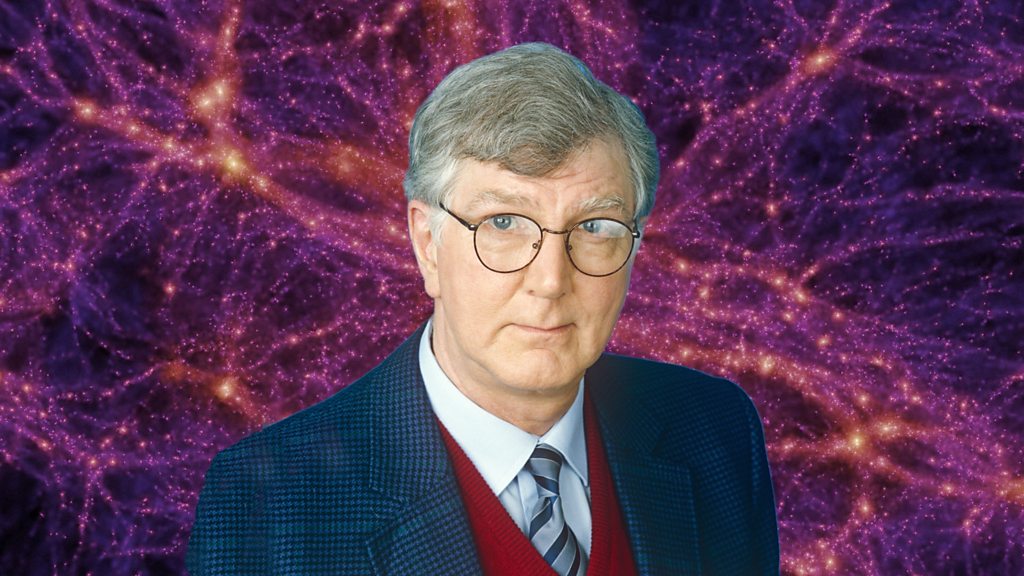
“I always thought mine was a gift for finding top-line melody not just in music but in politics, in commerce and in the world of ideas in general,” he says in Surrender, offering some insight into how he orders his world.

According to the experts in the fields he works alongside, he is deeply immersed in the human suffering on the ground as well as the political dimensions and potential solutions to the issues with which he is engaged. He is not a rock star tourist just lending his name for publicity.

By all accounts, his activism is not superficial. He helped run the Jubilee 2000’s Drop the Debt campaign and then focused his energies on fighting H.I.V./AIDS and extreme poverty. When not creating era-defining albums like “The Joshua Tree” or “Achtung Baby” or mounting record-breaking global tours, he has taken on large-scale humanitarian work. Surrender finds the Dublin native pulling out every tool in his arsenal to tell his life story through the lens of 40 U2 songs.īono is a force of nature who has harnessed his intelligence and enormous ambition to incredible effect. But if he is able to transcend that critical assessment, it is because his self-deprecating sense of humor is his saving grace.īono is nothing if not a storyteller. After his many decades in the global spotlight as an outspoken artist and an activist, few rock stars elicit the type of eye-rolling reactions that U2’s singer does. Whether it was his earnestness in the ’80s, his ’90s Mephisto character dripping with irony and draped in devil’s drag, or any number of variations since then, the singer has always been larger than life and easy to mock. As it turns out, Bono has known and worked with a lot of people in many different fields and is a pretty deft imitator. In addition to the voices of friends and family, we encounter Bono’s imitations of Frank Sinatra, Dylan, Arnold Schwarzenegger, John Kasich, Harry Belafonte, Jesse Helms, Bill Clinton, James Carville-the list goes on. In addition to the use of sound effects and musical beds to help set various moods or experiences, Bono uses his skills as an impersonator to recreate scenes throughout his life. Peppered throughout the audiobook’s production-and make no mistake, this is a production-are aspects that resemble a radio play. But who knew he was a talented mimic and voice actor as well? It is no surprise that the iconic singer and frontman is a charismatic narrator, or that he can powerfully re-imagine and perform the band’s songs in this format (both of which he does very successfully). Surrender finds the Dublin native pulling out every tool in his arsenal to tell his life story through the lens of 40 U2 songs. We are only at the beginning of the journey into this storytelling form.īono is nothing if not a storyteller. The creative ways audiobooks are being embraced by artists-turned-authors like Bono, or Bob Dylan in his recently published The Philosophy of Modern Song, are creating a new category of content that is different from conventional book publishing. Whether you have been listening or not, an audiobook revolution has been going on for quite some time. Prior to this, the Swedish company had already invested $1 billion on the audiobook’s episodic and shorter-form cousin, the podcast, which has experienced even more explosive growth. The audio streaming giant Spotify is betting big that the $10 billion global audiobook market could eventually grow to $70 billion.

According to the Audio Publishers Association, the industry has experienced double-digit growth in sales in each of the past 10 years. After 20 hours and 25 minutes listening to the U2 frontman narrate his life story, the moment feels disarmingly intimate: a secret message to the growing number of consumers who have jumped onto the audio bandwagon, and a small window into how the format creates a unique and compelling experience for consumers. For anyone who is a bit of an obsessive completist (like me) and hangs on all the way through the end credits of an audiobook, the line is a nice little bonus.


 0 kommentar(er)
0 kommentar(er)
